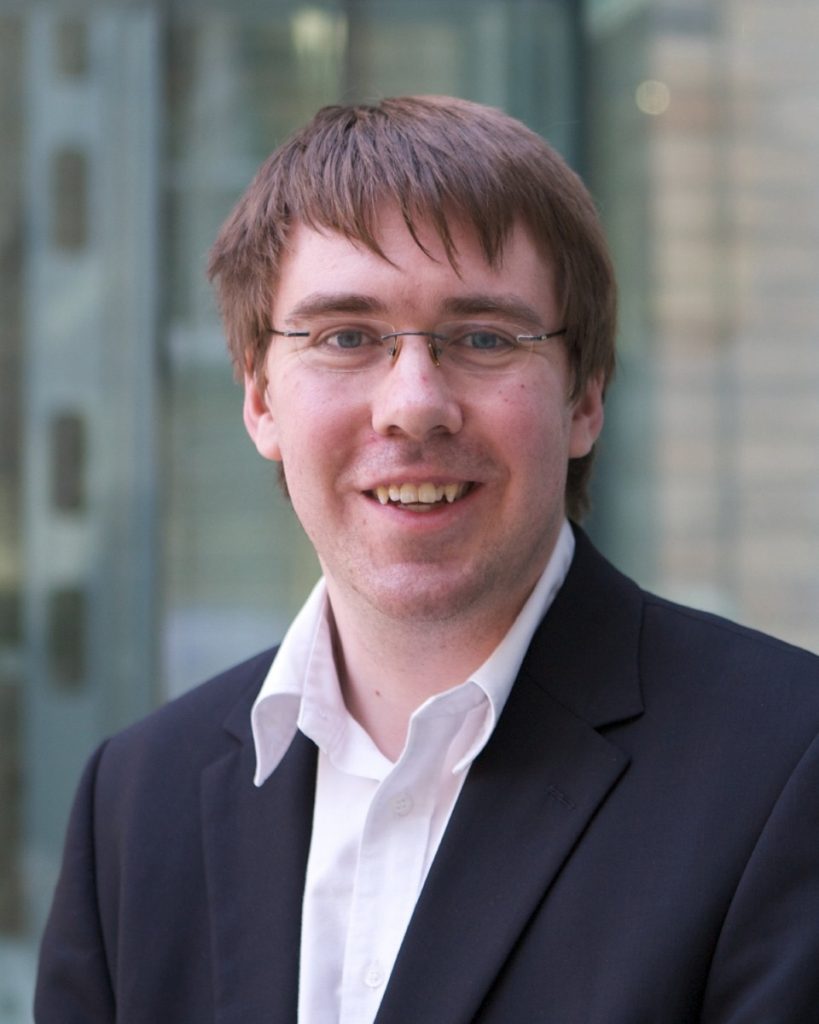Comment: The rise of paranoia in British politics
Politics can be an 'arena for angry minds', where muddled thinking and conspiracy theories become widespread
By Matthew Ashton
In 1964 the American historian Richard Hofstader published a hugely influential essay called 'The paranoid type in American politics'. In it he argued that US politics had always been prone to conspiracy theories about those in power, but this trend seemed to be getting worse. He picked the title 'The paranoid type' "because no other word adequately evokes the sense of heated exaggeration, suspiciousness, and conspiratorial fantasy that I have in mind". In the years since the article was published the nation's paranoia appears to have gotten exponentially worse. Not only have the number of conspiracy theories multiplied beyond easy counting, but this contagion seems to have spread to the wider population. Conspiracy theories have always existed, and there have always been people of unsound mine who are willing to believe in them. Today it seems almost everyone is willing to take that leap of faith.
In a recent survey it was revealed that almost a quarter of Americans had some sympathy for the peculiar fantasy that Obama, their president, was not actually a US citizen but had faked his birth certificate and was actually a huge fraud. The fact that 25% of Americans would give this idea credence is bizarre. What's extra worrying is that so many media outlets and major politicians would openly talk about it as if it was a legitimate subject of debate and not the equivalent of a roundtable discussion on whether the Earth was flat.


What's most troubling about this is that like so many aspects of American culture, the paranoid type seems to be more and more apparent in British politics. I've lost track of the number of otherwise sane individuals who've recounted to me some outlandish fantasy based on the evidence that someone told them 'down the pub' or they saw on a YouTube video. More often than not their argument seems to be 'there must be something in it'. The deaths of David Kelly, the government weapons inspector, and Diana Princess of Wales are prime example of this. This is both a result of, and contributing factor to, the significant decline in trust in politicians and our political institutions we've seen in recent years.
Now there are a couple of good reasons for the growth of this trend. Hofstader in his article about American politics lays the blame primarily on three things. One is the high level of partisanship in the US – "American politics has often been an arena for angry minds". The other is the role of the media who print and encourage these myths. Finally there is the fact that for much of the 20th century the US was engaged in the Cold War against the Soviet Union, stoking up fears of sleeper agents and 'reds under the beds' and so on. I'd like to add to this that often people believe in conspiracies simply because they're more fun than the truth and they allow us to excuse our failures.
Certainly in modern Britain partisanship seems to be growing and this is clearly reflected in Westminster. The coalition was allegedly supposed to usher in a new era of co-operative politics, instead the old political culture of at least a veneer of politeness seems to have broken down with politicians never missing an opportunity to snipe at each other. When Cameron and Miliband became leaders of their respective parties they both promised an end to 'Punch And Judy' exchanges at PMQs, yet that's all we seem to get these days. Electoral volatility appears to be on the rise again and when polled the British public are increasingly angry about the direction of the country. Now partly this anger is understandable, we're currently in one of the largest recessions in living memory, however the fact that this is manifesting itself in conspiracy theories can't be healthy.
Undoubtedly some sections of the media do play a role in this. Scepticism is, by and large, a good thing and it's the job of the media to be sceptical about what our leaders tells us. However it does seem to me that sometimes they're simply feeding people's fears. How often have we seen stories about some new problem or issue labelled with the phrase 'you couldn't make it up', only to discover later that it was substantially factually incorrect? Certainly the internet exaggerates this. It's an un-policed arena where conspiracy theorists can meet like-minded souls where they can encourage each other's worst tendencies based on the most flimsy and anecdotal of evidence.
Finally there is the brutal truth that sometimes this distrust is rooted in good cause. After all, we were taken into Iraq on the basis of at best faulty intelligence, at worst a lie. After the bruising revelation that there were no weapons of mass destruction its perhaps not surprising that people are willing to believe in conspiracies to explain modern life.
Now scepticism is one thing, but the kind of distrust that leads to these conspiracies is ultimately damaging our social fabric. One hundred years ago, GK Chesterton suggested that one of the problems with the decline in belief in God wasn't that people didn't believe in anything, it was fact that they'd be willing to believe in absolutely anything. Society needs a certain level of trust in order to function and our increased willingness to believe in conspiracies is evidence of its decline.
Dr Matthew Ashton is a politics lecturer at Nottingham Trent University. Visit his blog.
The opinions in politics.co.uk's Comment and Analysis section are those of the author and are no reflection of the views of the website or its owners.

